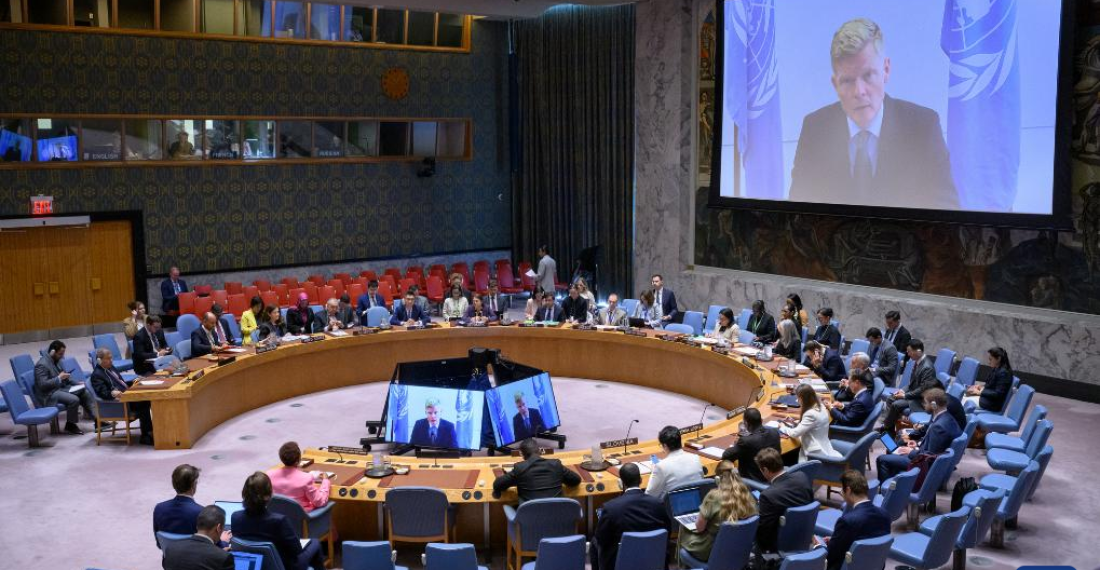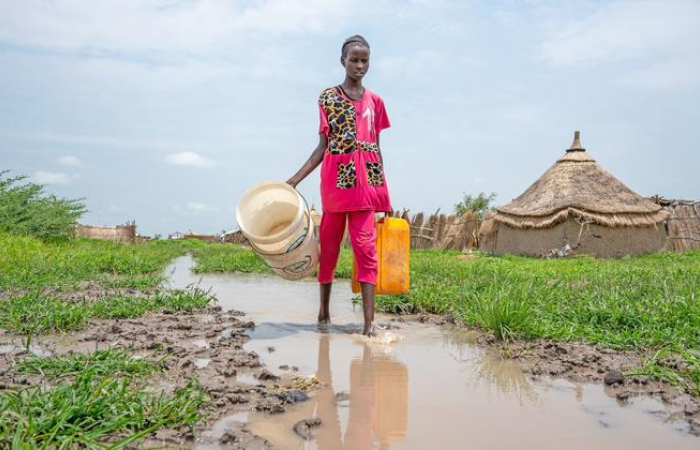On Thursday (12 June), UN Special Envoy Hans Grundberg informed the UN Security Council that Yemen’s situation remains delicate and could quickly spiral back into active warfare, despite the Red Sea ceasefire announced on 6 May between the Houthis and the United States.
He highlighted ongoing tensions in Marib, where troop movements and sporadic clashes persist. Although hostilities in the Red Sea have decreased, the Houthis have launched several attacks on Ben Gurion Airport in Israel in recent weeks. These actions have prompted Israeli strikes on the ports of Saleef and Hodeidah on 10 June and Sanaa International Airport on 28 May, the latter of which destroyed a civilian aircraft.
Grundberg emphasised the human cost, noting that residents of Houthi-controlled areas in Yemen are now unable to fly from Sanaa for medical treatment, to perform the Hajj or to visit family. He called for concrete measures to support the ceasefire and restore vital services, emphasising that 'Yemen cannot afford more years of division, economic collapse and human suffering'.






